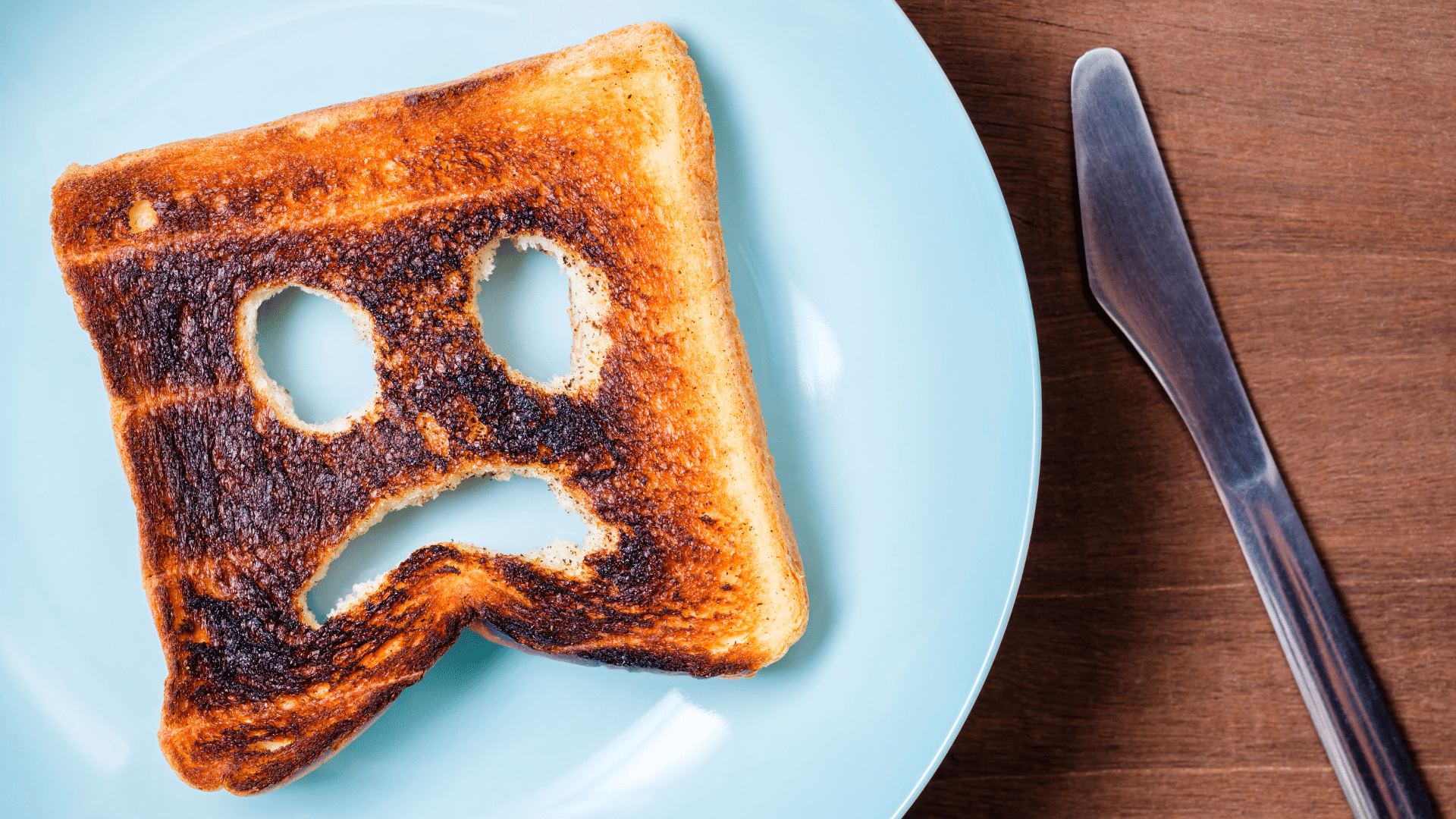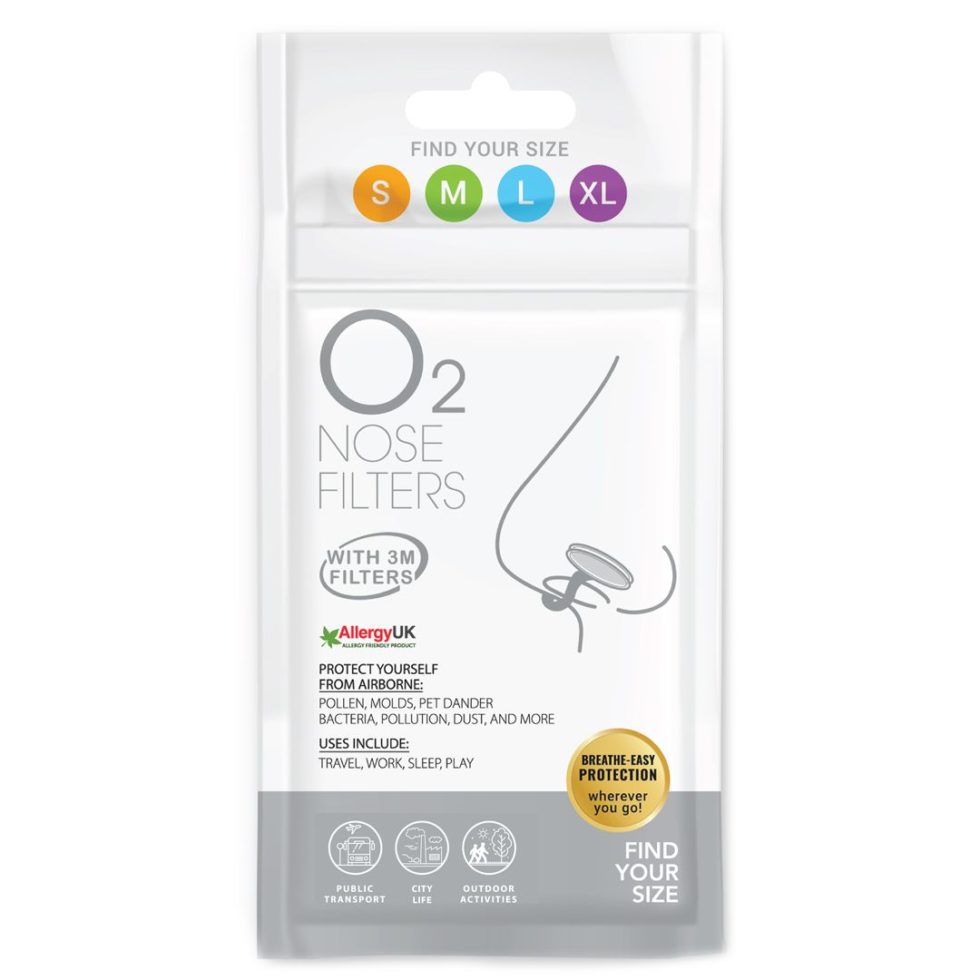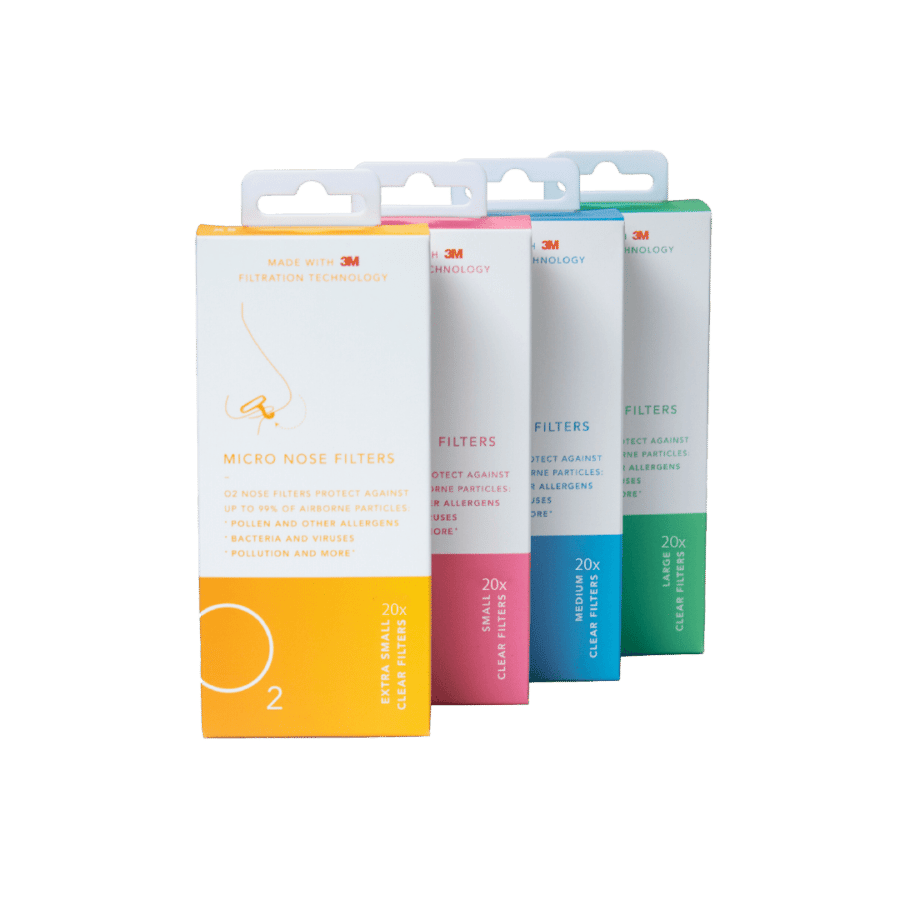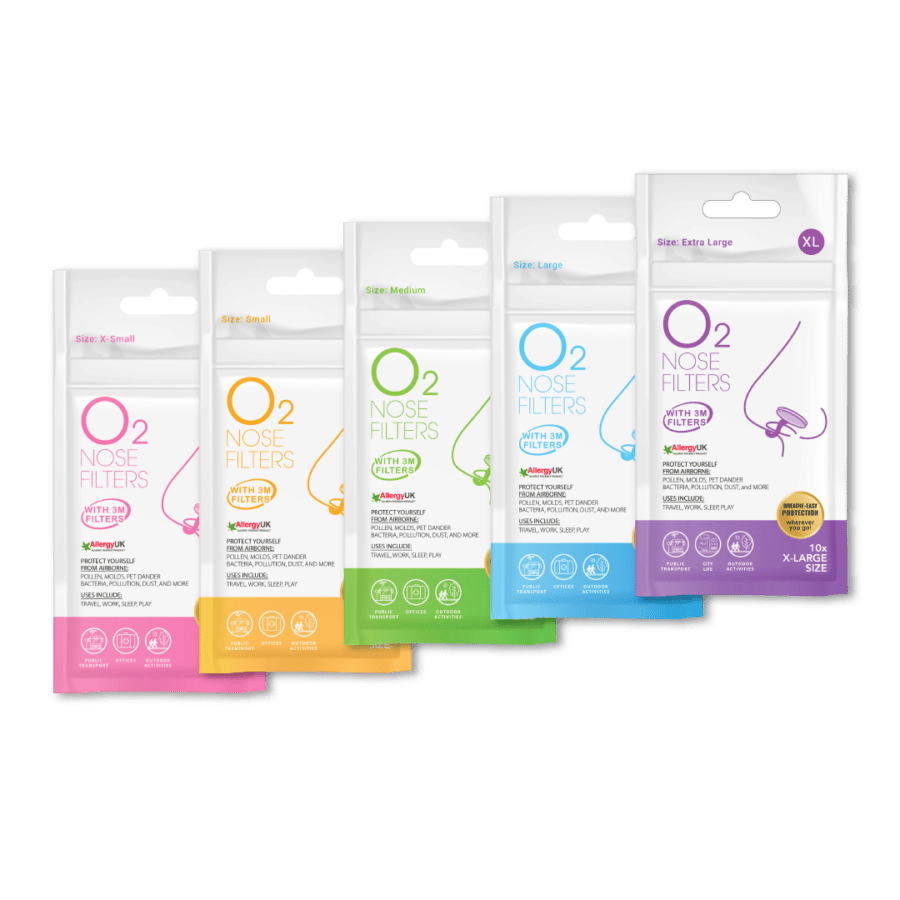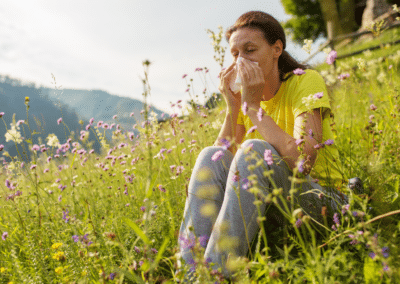To dispel the common myth outright, smelling burnt toast does not indicate the presence of a medical issue. However, these symptoms may overlap with a condition called Phantosmia, observed when an affected individual smells scents which aren’t there, which can signify cause for medical alarm. Keep reading to further understand the causes and symptoms of phantosmia, along with treatments and preventative strategies.
Health Indicators of Phantosmia Odors
While it’s true that the specific act of smelling burnt toast that’s not there isn’t a sign to visit your doctor, a 2020 study has shown that adults who experience phantosmia are three times more likely to be diagnosed with cardiovascular health conditions. Additionally, while there is no evidence to prove that smelling burnt toast indicates an oncoming stroke, affected persons have reported to smell similar burnt scents prior to a stroke. Doctors may not know what exactly causes these phantoms smells, although researchers have linked phantosmia to various medical conditions such as:
- Head Injuries & Migraines
- Upper Respiratory Infections
- Brain Tumors & Seizures
- Schizophrenia
- Parkinson’s Disease
- Sinusitis
- Hypothyroidism
- Many Medications
If your phantosmia symptoms are also associated with fatigue, memories issues, numbness, difficulty walking, nausea, or a severe headache, you may be experiencing early stroke indicators and it’s vital for someone to drive you to a hospital as soon as possible.
Methods to Treat and Prevent Phantosmia
Fortunately, the sensation of smelling phantom scents usually doesn’t indicate any health issues and will go away on its own over time. To clear symptoms, at-home remedies include saline nasal sprays, cleansing your sinuses with a netipot, and getting lots of rest. If your phantosmia symptoms haven’t gone away after a week or two, medical treatments typically include allergy medications, steroid creams, antibiotics, or surgery and other medications in severe situations. Additionally, an estimated 6% of affected people reported phantosmia as a long-term symptom of COVID-19. In terms of preventing the onset of phantom scents, there are several lifestyle changes you can take to lower your risk, such as:
- Keep your allergies in check.
- Seek medical care at once for potential infections.
- Stop smoking cigarettes and drinking alcohol.
- Wear O2 Nose Filters.
- Request different replacement medications from your healthcare provider.
- Fix dental issues.
- Wash your hands and stay clean to ward off future infections.
Lower Your Risk for Phantosmia with O2 Nose Filters
When preventing the onset of Phantosmia and protecting ourselves from harmful airborne viruses and bacteria, it’s important to block the particles from entering your sinuses with O2 Nose Filters. O2 Nose Filters provides inexpensive and effective security to protect people from harmful air pollution. While our nasal passageways try their best when it comes to filtering harmful particulate matter, they aren’t perfect. That’s why O2 Nose Filters are such an effective solution when it comes to improving our mental and physical health. Nose filters are a discreet, effective option to protect against air pollutants. The O2 Nose Filter uses 3M’s patented AEM™ electrostatic technology to capture allergens, viruses, and other particulates, making them a valuable tool for anyone who wants to drastically lower the risk of uncomfortable phantosmia symptoms.
-
O2 Nose Filters Sizing Pack$3.95
-
O2 Nose Filters | 20 Pack$18.95
-
O2 Nose Filters | 10 Pack$10.95 — or subscribe and save 10%
